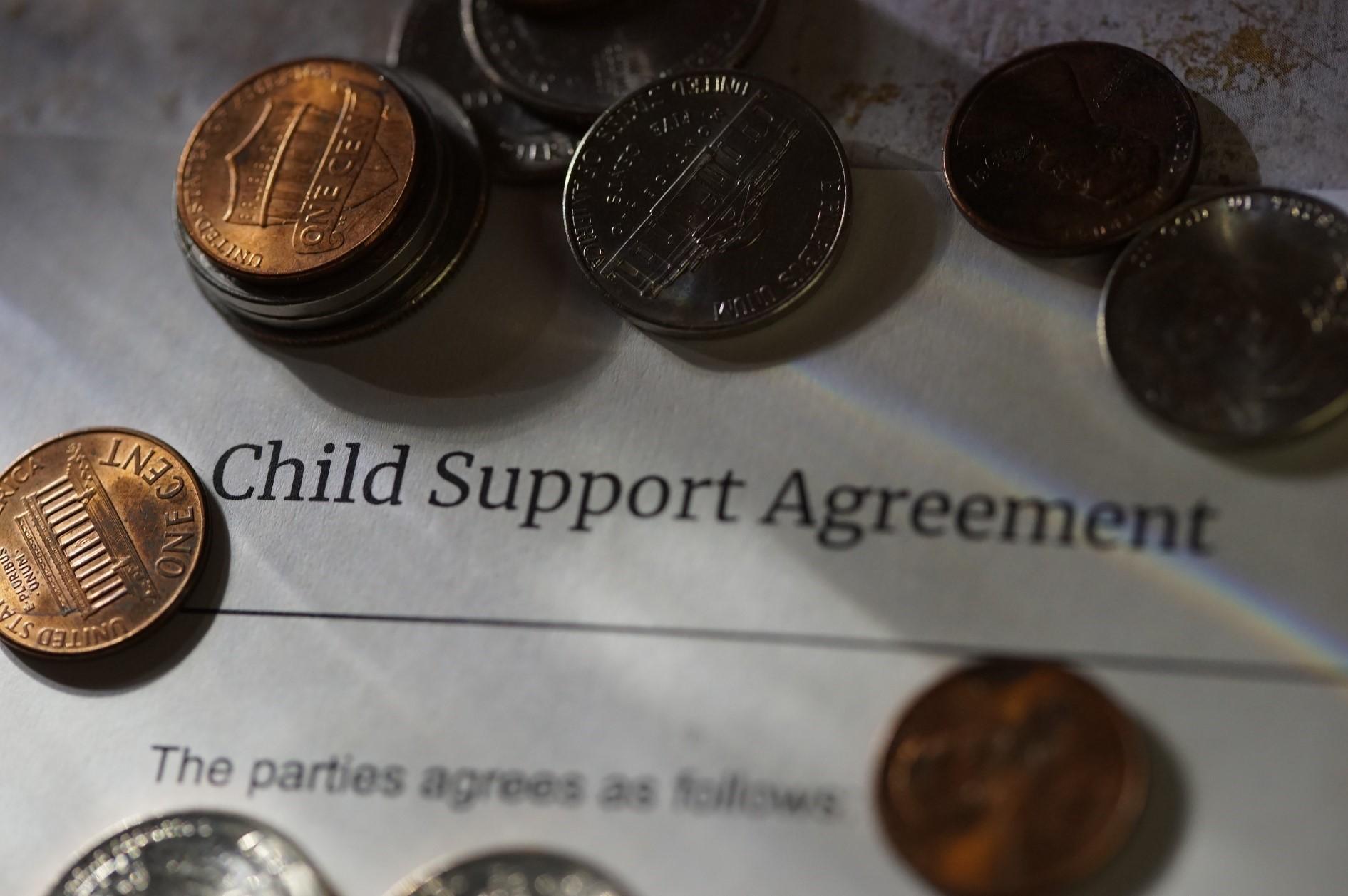
Missing child support payments can create major issues for struggling single parents. But when is child support considered late, and at what point does lateness legally necessitate action? Let us examine key details around overdue support and how to get help.
Child support orders from a court or agency specify due dates, often on the 1st and/or 15th. Payments not received by those precise deadlines are considered late.
Some agreements allow a grace period before triggering violations. But going beyond that buffer without payment can trigger a motion for contempt against the paying parent, and if held in contempt, that parent would owe not only the back-child support but attorney’s fees as well.
Even one late payment can lead to penalties, including:
If nonpayment continues over months or years, further consequences may apply:
The state can also seize tax refunds, lottery winnings, and more to settle unpaid support debts.
Custodial parents owed payments should contact a family law attorney to compel compliance from delinquent ex-spouses via the court system. Noncustodial parents struggling with payments can also seek legal assistance in modifying unrealistic support orders.
Don’t let late payments create bigger problems later. Ed Shea is an experienced lawyer at Shea Law in Kennewick, Washington who can offer practical guidance no matter which side you’re on. Protecting the child’s best interests and well-being remains the ultimate priority.
Reach out about overdue support payments today to find an equitable solution. Help is available.